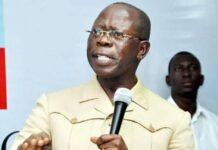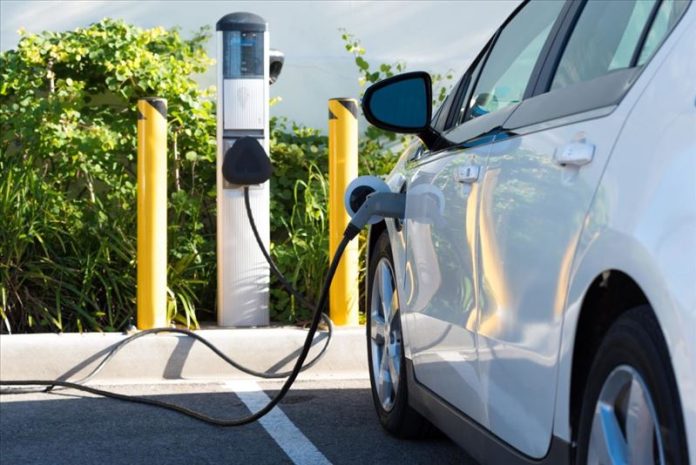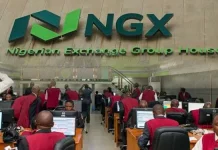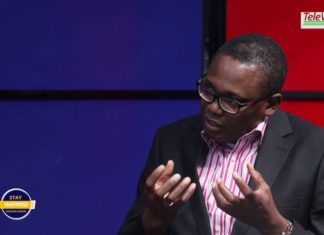Automakers around the world are reversing their plans for battery-electric vehicles as consumers avoid EVs due to their high cost in comparison to automobiles with internal combustion engines and concerns about their ability to reach their destination due to inadequate charging infrastructure in the majority of nations.
The European Union (EU), the driving force behind EVs, passed a legislation in 2023 requiring all new vehicles and vans sold in Europe to have zero emissions starting in 2035.
This came after multiple delays in the timetable for combustion engine vehicle exits.
Due to limited sales, automakers such as Toyota, Volvo, Volkswagen, Ford, Porsche, Renault, General Motors, Mercedes Benz, Bentley, Aston Martins, and Hyundai have cut back on their ambitions to produce electric vehicles on multiple occasions.
For example, Toyota has cut its 2026 electric car production projections by a third, but it has maintained that it still intends to build 1.5 million BEVs annually by 2026 and 3.5 million by 2030.
Volvo canceled its goal of becoming entirely electric by 2030 and stated that it will still have some hybrid cars available at that time.
By 2030, it wants 90–100% of automobiles sold to be plug-in hybrids or BEVs, with the remaining 10% being so-called mild hybrids.
Read Also: Nigeria Becomes World’s 6th Most Populous Nation with 235 Million People
However, despite warning repeatedly about declining demand, Volkswagen has not altered its 2030 targets for BEVs to account for 70% of sales in Europe and 50% in the US and China.
However, it stated that plans for new battery plants were subject to change and contingent on the demand for electric vehicles (EVs).
Additionally, given its growing focus on hybrids, Ford announced a few months ago that it was discontinuing a planned electric Sports Utility Vehicle (SUV) and delaying a new electric version of its best-selling pickup. The company also reduced the percentage of planned annual capital spending allocated to BEVs from 40% to roughly 30%.
Since EV sales in Europe have not taken off, the manufacturer earlier this year said that it was reconsidering its intention to sell entirely full-electric vehicles in the continent by 2030.
Porsche recently softened its EV goals, stating that it could only reach its previously stated target of 80% full-electric sales by 2030 provided the market and advancements in the EV industry supported it.
Early in 2022, Renault stated that all of its brand’s sales in Europe would be entirely electric by 2030. However, two years later, the automaker informed journalists that it was considering a dual strategy that would see it offer both combustion-engine and BEV vehicles for the next ten years, which would take it past 2030.
Several companies, including General Motors, Mercedes-Benz, Bentley, and Aston Martin, are changing the target for the complete transition to electric vehicles because they don’t believe that consumer demand will be as strong as they anticipated years ago.
Nigeria’s Electric Vehicle Market Is Declining
Nigeria is a country that consumes a lot of automobiles but buys comparatively few new cars.
The previous Muhammadu Buhari administration encouraged EV use among Nigerians, which led to Stallion, a car manufacturer, producing the country’s first EV vehicle, the Hyundai Kona, in 2021. Other automakers then followed suit.
According to Stallion, the Kona could accelerate from 0 to 100 kilometers in 9.7 seconds and cover a distance of 482 kilometers on a single 64 kWh battery cycle.
It was said to have unparalleled charging convenience because a full battery could be charged in 9.35 hours whether plugged in at home or at work.
It emits no carbon dioxide and is entirely electric. When compared to the gasoline-powered version, the running costs were reportedly low.
The first electric car in Nigeria, the Kia Soul EV, was unveiled by Kia Nigeria earlier in 2015.
Additionally, the domestic electric vehicle manufacturer Jet Systems upended the passenger minibus industry with the Jet Mover Electric Vehicle, which it characterized as a more affordable and environmentally friendly substitute for Internal Combustion Engine (ICE) vehicles.
However, a number of issues, including frequent power outages, a lack of charging stations, acquisition costs, and unequal access to electricity, have led several experts in the auto industry to voice doubt about the government’s initiative’s effectiveness.
According to recent data from the National Bureau of Statistics (NSB), the percentage of electric car sales in Nigeria in 2020, 2021, and 2022 was 4.22 percent, 5.40 percent, and 7.11 percent, respectively. However, the number may have decreased as a result of changes made by the Nigerian government.
CIG Mobility pledged to build over 10,000 EV charging stations in collaboration with inverter companies, Ardova planned to install charging stations at all AP and Enyo gas stations nationwide, and the National Automotive Industry Design and Development Council (NADDC) planned to deploy 100 solar-powered EV charging stations as part of its pilot program.
The goal stated by Buhari’s administration was to raise the nation’s electric car proportion to 7.50% by 2025.
Additionally, the government intended to raise the percentage to 14% in 2030, 20% in 2035, 27% in 2040, 33.5 percent in 2045, and 40% in 2050.
Its 2050 Auto Policy Agenda Document, which was unveiled in the first quarter of 2023, contained all of these.
The program had barely begun when Bola Tinubu’s administration shifted course to support cars that run on compressed natural gas (CNG).
Since the majority of the government’s intentions were not carried out, it is currently impossible to determine the exact number of charging point stations in Nigeria.
Speaking on the subject, Mr. Luqman Mamudu, a former NADDC director, claimed that the EV strategy lacked initiatives to draw in both domestic and global investors.
According to Mamudu, worries over the longevity and strength of EV batteries in comparison to gasoline engines have hindered consumer acceptance of EVs.
“At the moment, EV warranties are approximately 130,000 kilometers and eight years, but power packs that can last over a million kilometers and sixteen years have been developed recently,” he continued. This indicates that throughout the next ten years, adoption will rise globally.
“Nigeria can begin by promoting infrastructural development. In Nigeria, there is essentially no infrastructure for charging, however smart charger technology has advanced. For a while, this might be enough for EV owners with modest resources.
Enabling a policy climate for sustainable investment is a crucial first step, he explained.
Mamudu asked the government to support the Nigeria National Action Plan for EV development, noting that it should incorporate plans for sustainable investments from all parties involved.
Additionally, consumers have had a difficult time finding charging stations and specialists to maintain electric vehicles, according to auto industry expert Chris Obikunle.
He also noted that most willing drivers found EVs to be expensive, and that the scarcity of charging stations deterred users even more.
“One major issue is the charging stations. For example, how many of them are there in Lagos? For example, how do you replenish your energy when traveling from Lagos to Benin? On that axis, how many charging stations do you have? These are the problems that have prevented the transition to electric vehicles thus far.
Additionally, it has been slowed down by the government’s abrupt policy changes or summersaults. The government switched to CNG when Nigerians were still having trouble embracing EVs. These are a some of the issues this nation’s policies are facing.
Obikunle also emphasized that the government needs to have the political will to implement vehicle electrification if it is to have a full impact on the nation.
Join Television Nigerian Whatsapp Now
Join Television Nigerian Facebook Now
Join Television Nigerian Twitter Now
Join Television Nigerian YouTUbe Now

























